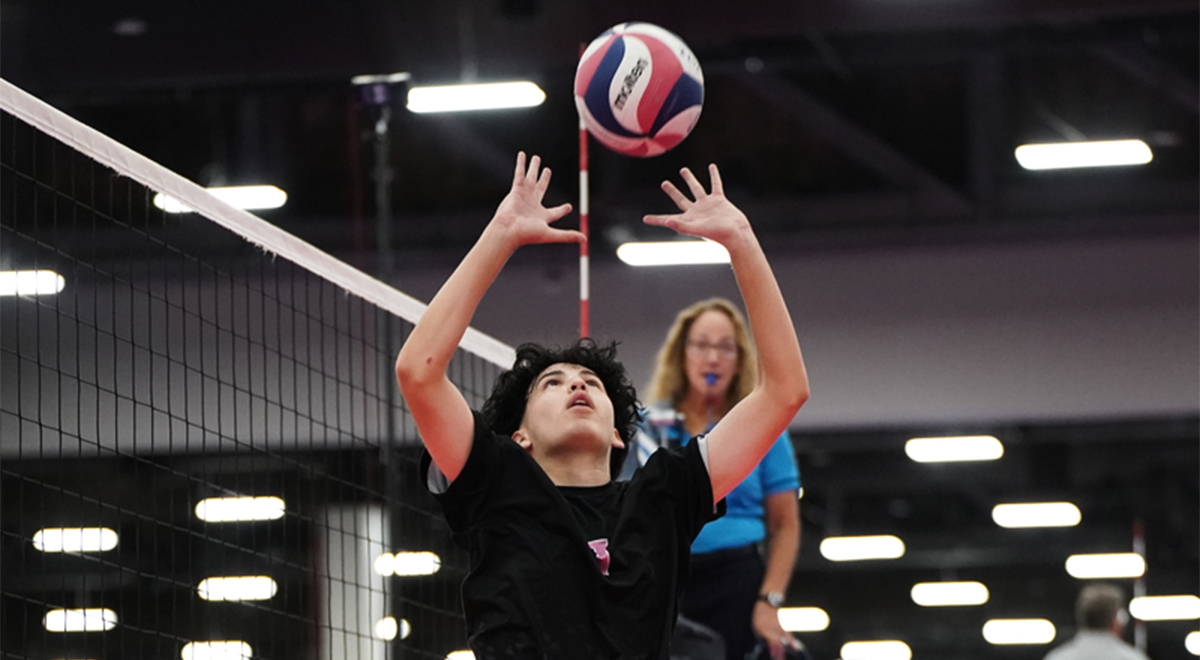
Five Things to Know About Sport Specialization
Research shows that early specialization is unnecessary and may hurt athletes and their performances. Here are five things to know about sport specialization in younger athletes.
Resources for
Follow USAVolleyball
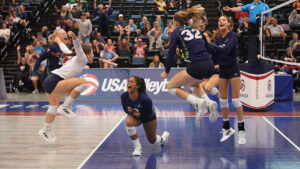 USA Volleyball Education is focused on improving developmental and educational opportunities across the sport of volleyball from grassroots to the national team level. Our goal is to provide the opportunity to access, complete and apply high-quality information and methods in the technical, tactical, physical and emotional aspects of the game for athletes and coaches while providing training, support and resources for other key stakeholders including officials, parents and clubs.
USA Volleyball Education is focused on improving developmental and educational opportunities across the sport of volleyball from grassroots to the national team level. Our goal is to provide the opportunity to access, complete and apply high-quality information and methods in the technical, tactical, physical and emotional aspects of the game for athletes and coaches while providing training, support and resources for other key stakeholders including officials, parents and clubs.
For years, the focus of volleyball in many areas and across various levels shifted to a mindset of winning at all costs.
What we now know is that the most successful teams in the world have developed a model of training and a culture that supports a holistic approach to athlete development which not only sets them up for competitive success on the court, but values and emphasizes the important of athlete health, well-being and long-term involvement in the sport.
The USA Volleyball Development Model was created based on the idea that volleyball in the U.S. could be taught differently, resulting in long-lasting positive outcomes across all measures of performance while keeping kids involved and loving the game longer.
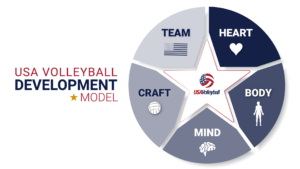
The five pillars of the USA Volleyball Development model provide the basis for a holistic approach to the core elements that are vital to supporting development at every level and across age groups.
USA Volleyball Education is committed to providing support for the volleyball community with a role-based approach to education and training. Whether you’re planning practices, cheering from the stands or making the right call, we provide the tools and resources to help you succeed.
USA Volleyball partner Sports Imports has provided USA Volleyball coaches with drills for use with their Trainer+ and The Vertec.


Research shows that early specialization is unnecessary and may hurt athletes and their performances. Here are five things to know about sport specialization in younger athletes.
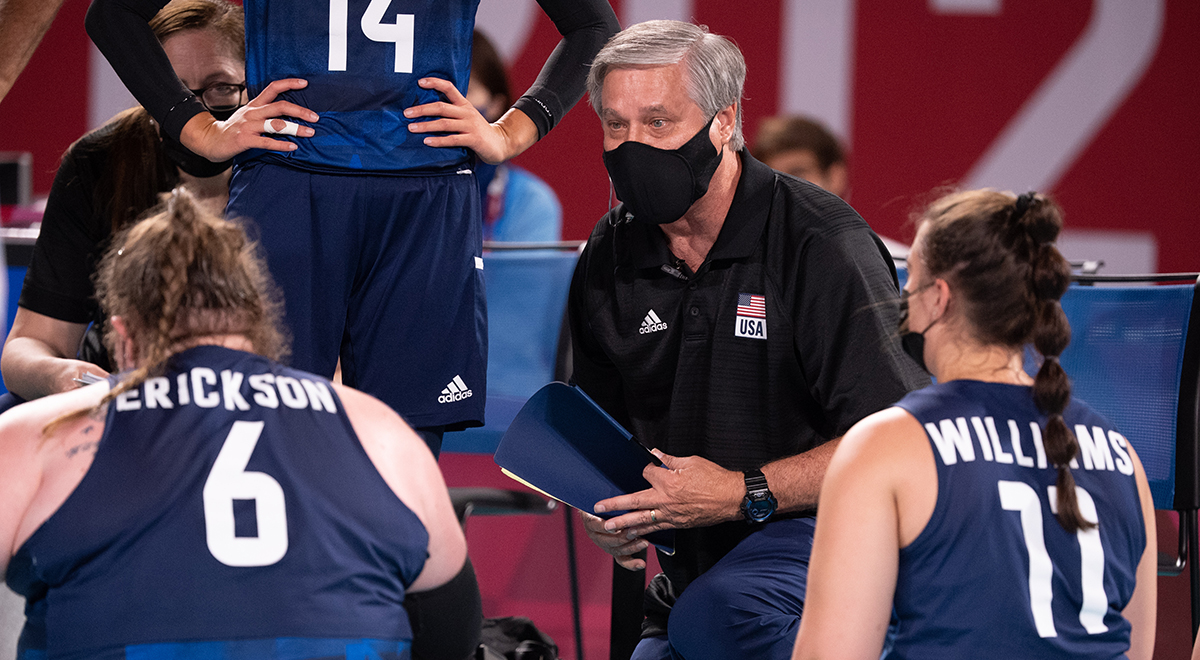
It is critical that coaches develop the person, not the athlete. Developing the person allows the athletic skills to grow, but the opposite is not necessarily a guarantee.
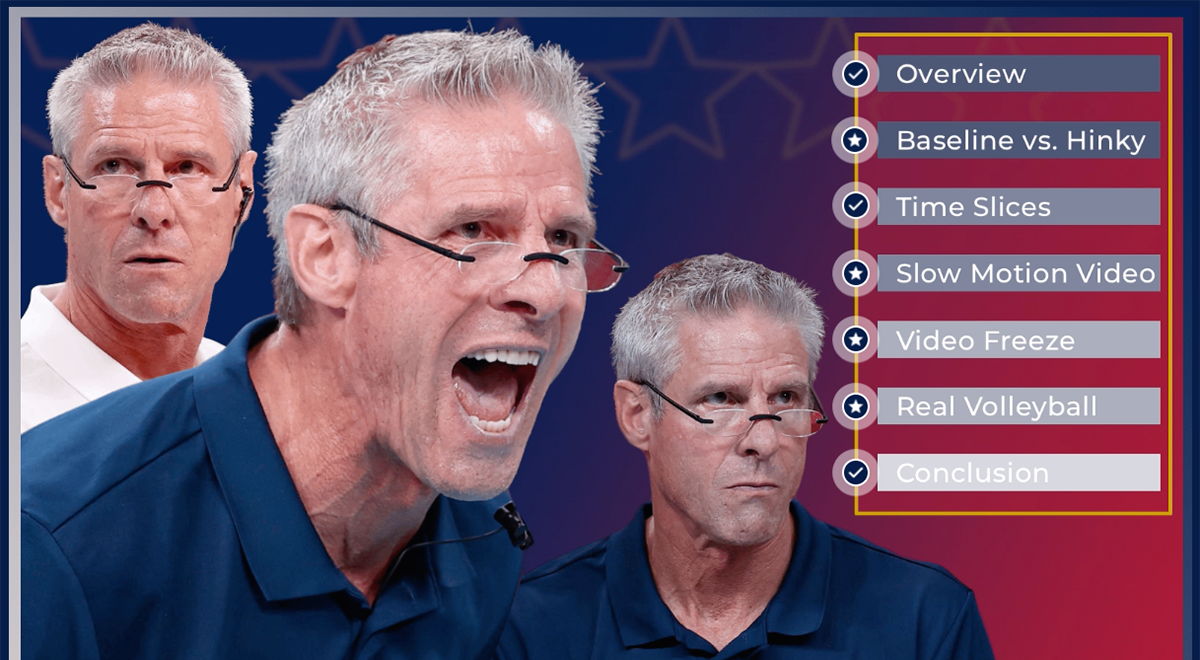
Reading is a critical skill for volleyball athletes and coaches. This excerpt from an upcoming Coach Academy module will describe what reading is and how coaches can teach it to their athletes.
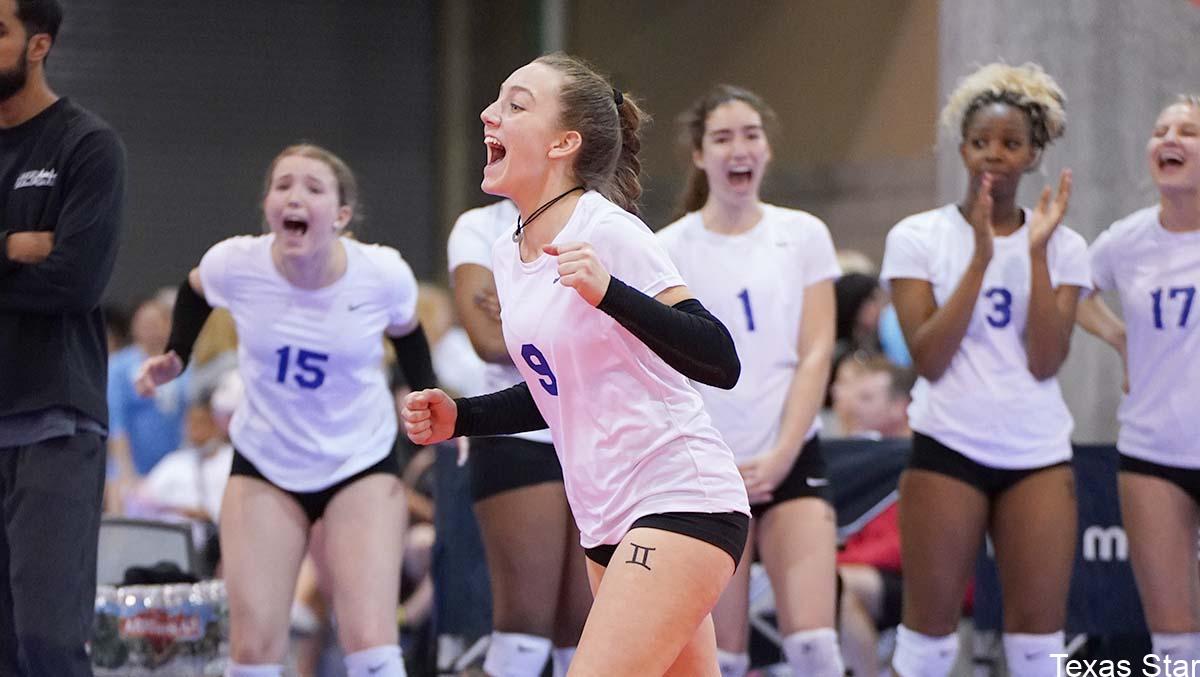
June 15 is the initial contact date for volleyball college coaches at the NCAA Division I and Division II levels to reach out to rising juniors. Once this date hits, more direct communication can begin between college coaches and the student-athletes. What does that mean? We’ll go through five things to know about June 15.
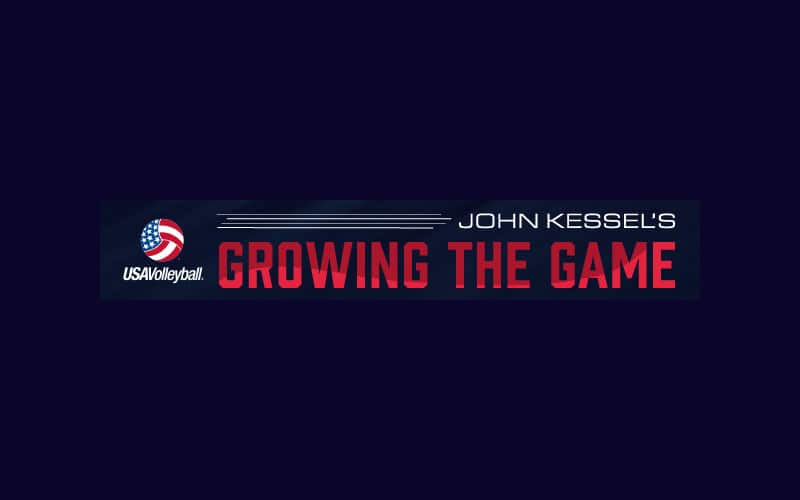
Watching the kids in a small indoor gym training over three nets, I thought of all the lines we put kids into, the way we ignore the net, the way we inflict pain via the forearm pass and the way 6v6 is experienced by beginners. I get angry inside at knowing billions of kids over my lifetime have walked away from our sport for a lifetime because their introduction to the game is BORING. We must do better when we introduce this sport.
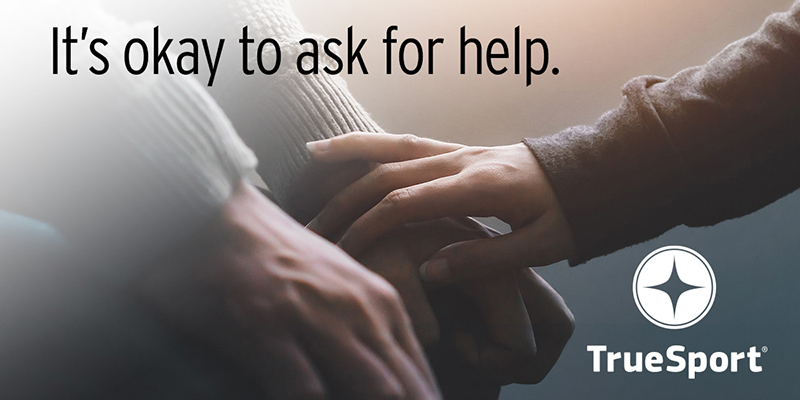
Mental wellness can be difficult for parents, coaches and other guardians to cope with when it comes to young athletes. Is a bad grade on a test just because an athlete didn’t study, or is it a sign of something deeper? Coaches and parents should be on the lookout for signs that an athlete’s mental health is suffering, and while they may not be equipped to help the athlete, guardians can help connect an athlete with the right professionals.
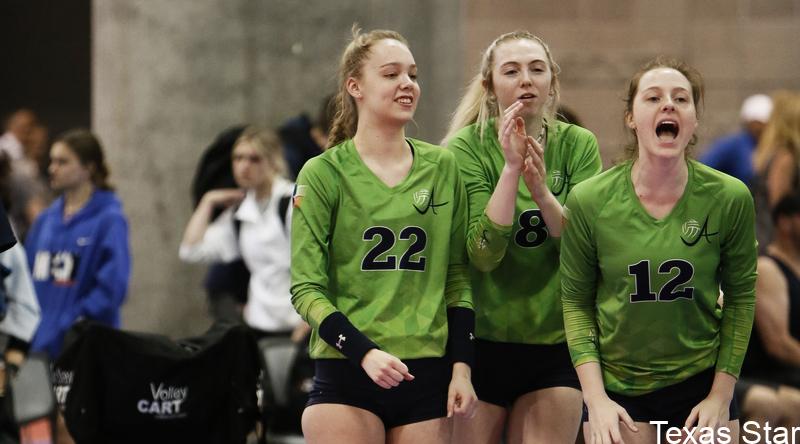
Every year, student-athletes participate in summer camps, combines, tournaments and showcases to sharpen their skills and gain exposure to college coaches. College coaches value the opportunity to evaluate a player multiple times on video as well as in person. Attending these types of events can be a crucial step in your recruiting process, but they can be costly and time consuming, so make them worth your while.
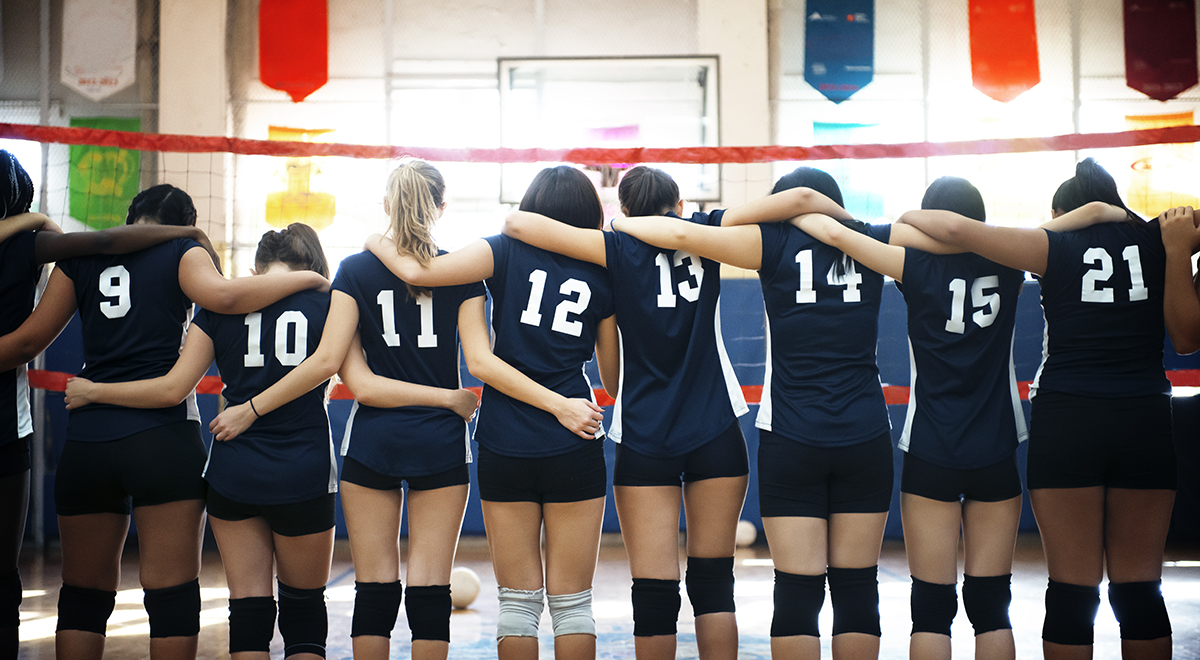
As a coach, your teams almost certainly contain a diverse multitude of athletes with different life experiences, and assumptions about them can be dangerous. Here are tips for acknowledging your current assumptions and create a more equitable team environment.
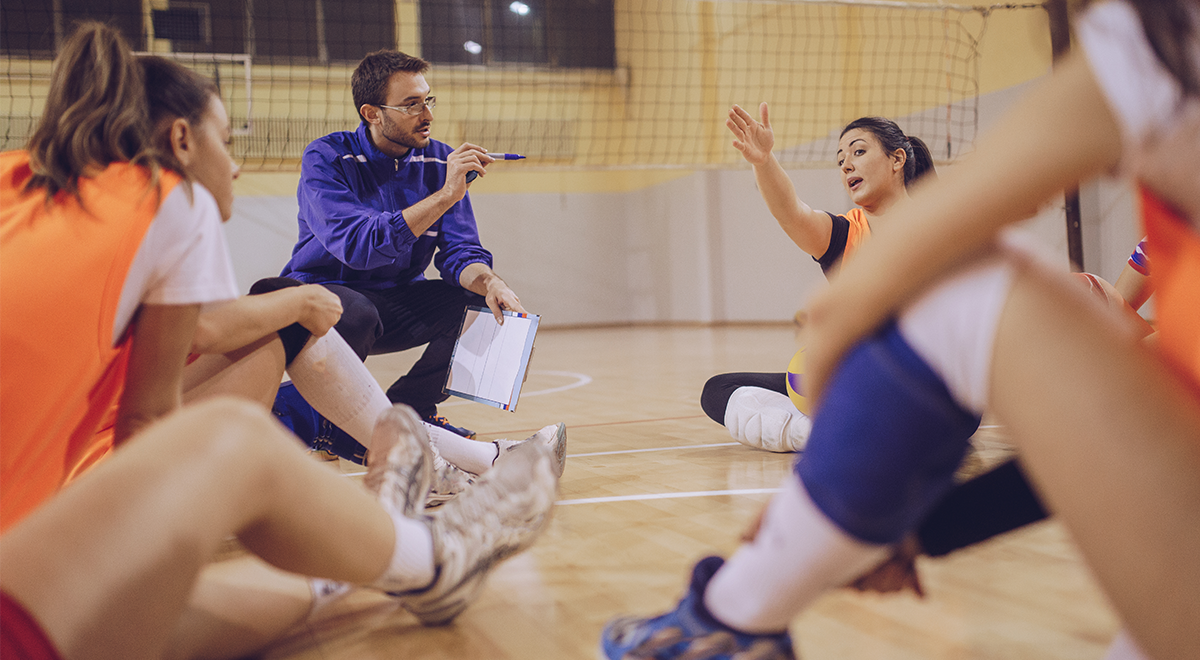
Creating strong boundaries is an important and often overlooked piece of the coaching dynamic. A lack of boundaries can not only impact a team’s success, but also lead a coach to experience burnout and negative mental health effects.
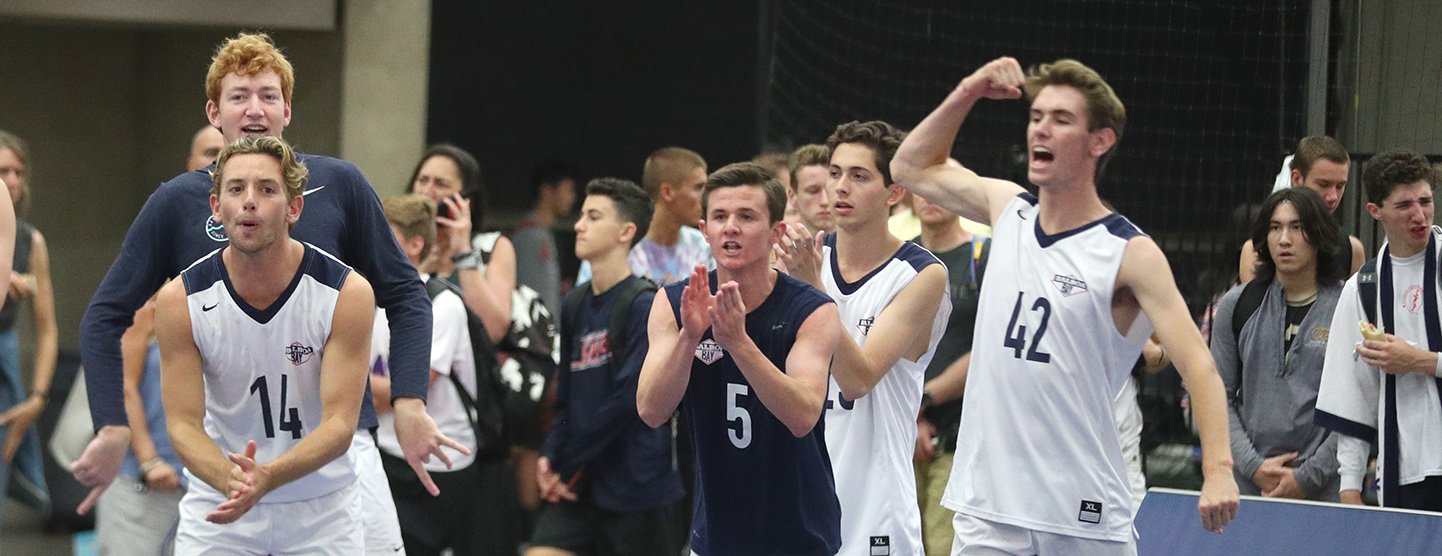
The college recruiting process is an exciting time for all young athletes, but it can also be confusing. Understanding the deadlines for each division and discipline will give you the tools to make the most of it.
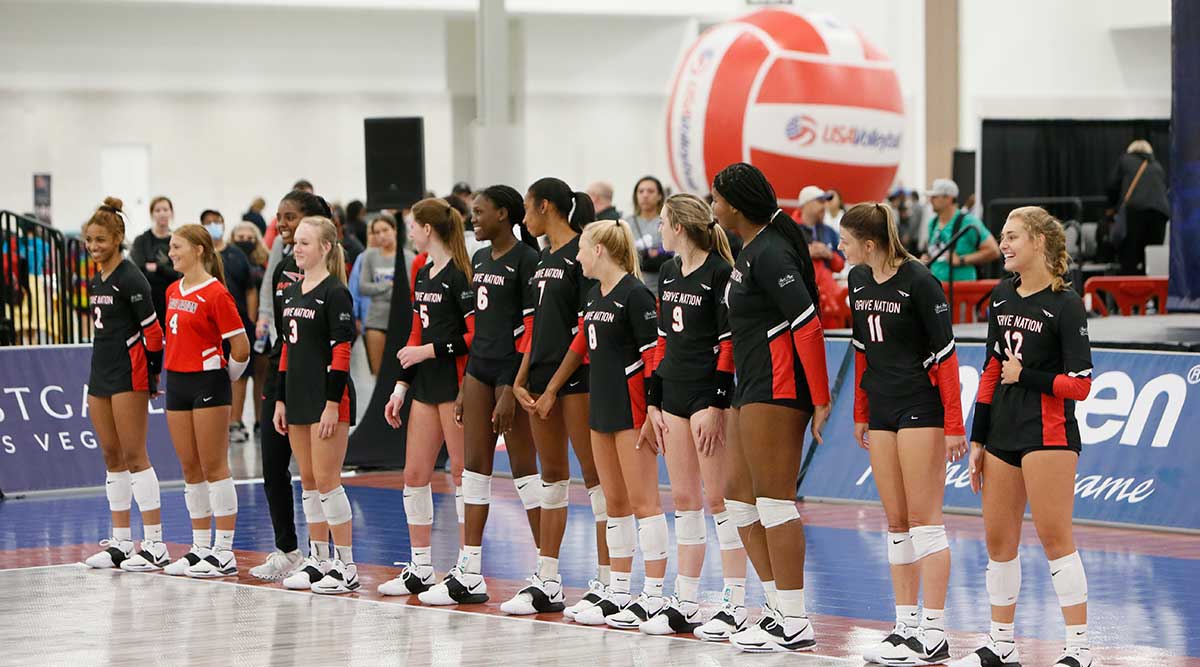
The college recruiting process is an exciting time for all young athletes, but it can also be confusing. Understanding the deadlines for each division and discipline will give you the tools to make the most of it.
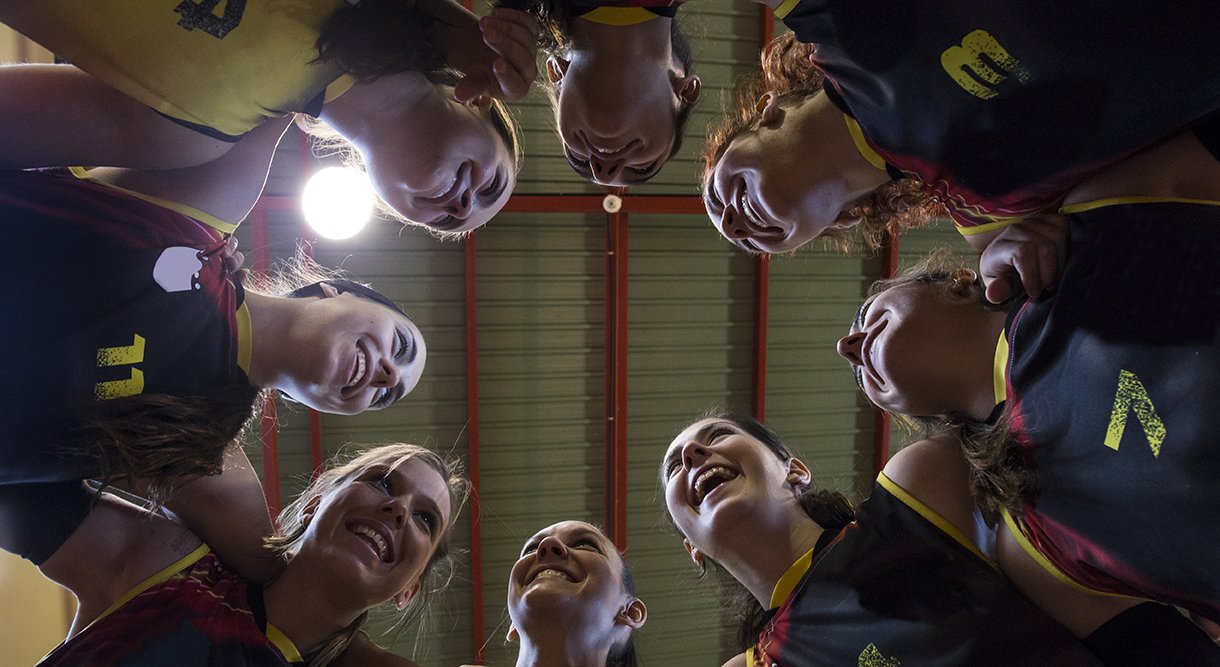
Young athletes face tough transitions on a regular basis. Whether it's something big, like a move to a new school, or just the start of a season with a new coach, these transitions can be significant sources of anxiety. But, there are ways to navigate these challenging times.
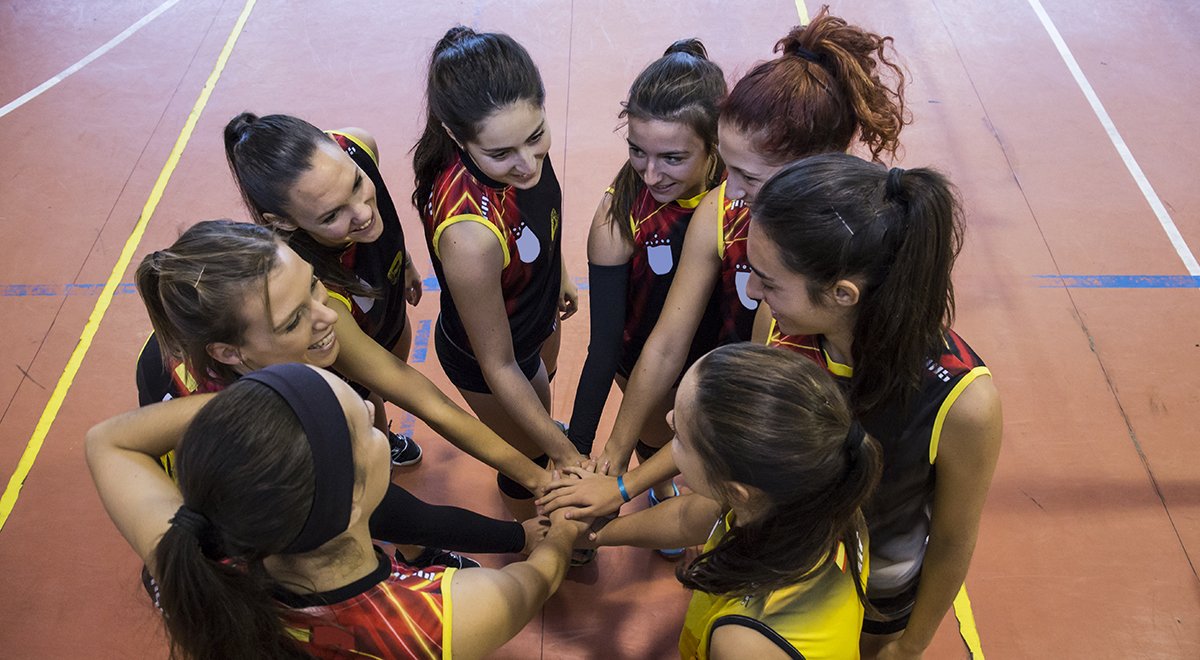
When it comes to preventing cliques and bullying behaviors, it’s best to be proactive. Coaches who focus on building strong team-wide relationships from the first day of practice are less likely to run into the social problems, like cliques, that hurt teams and players.
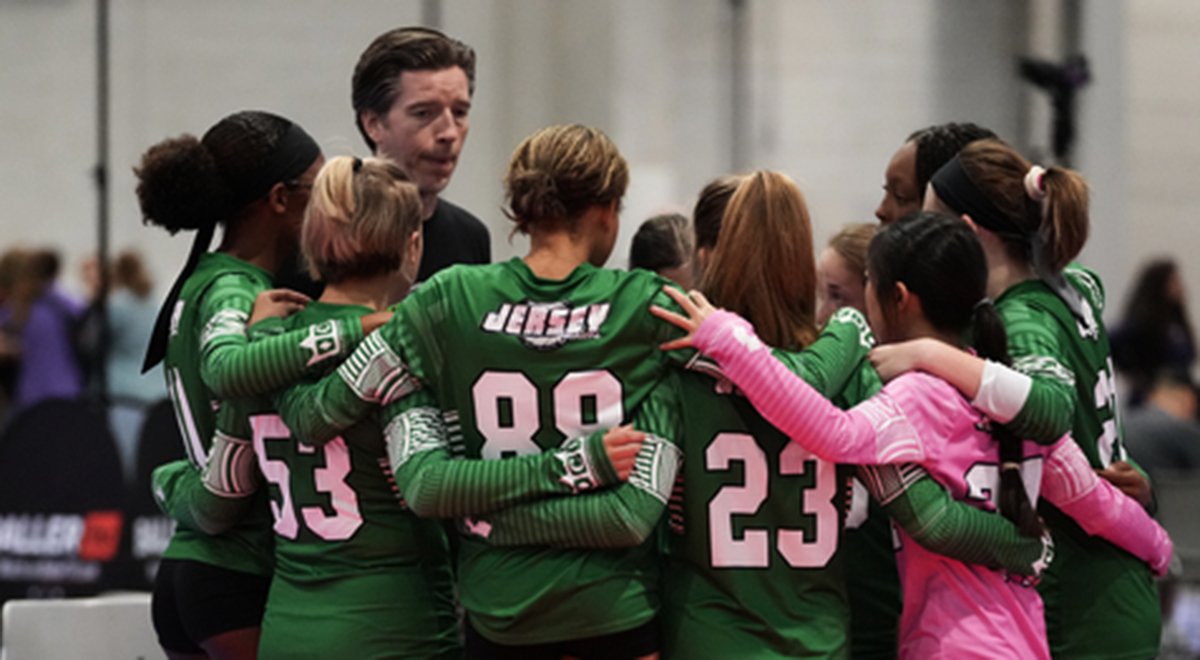
What's the secret to supporting each member of a diverse and multi-cultural team? Love, authenticity, and a few other things...
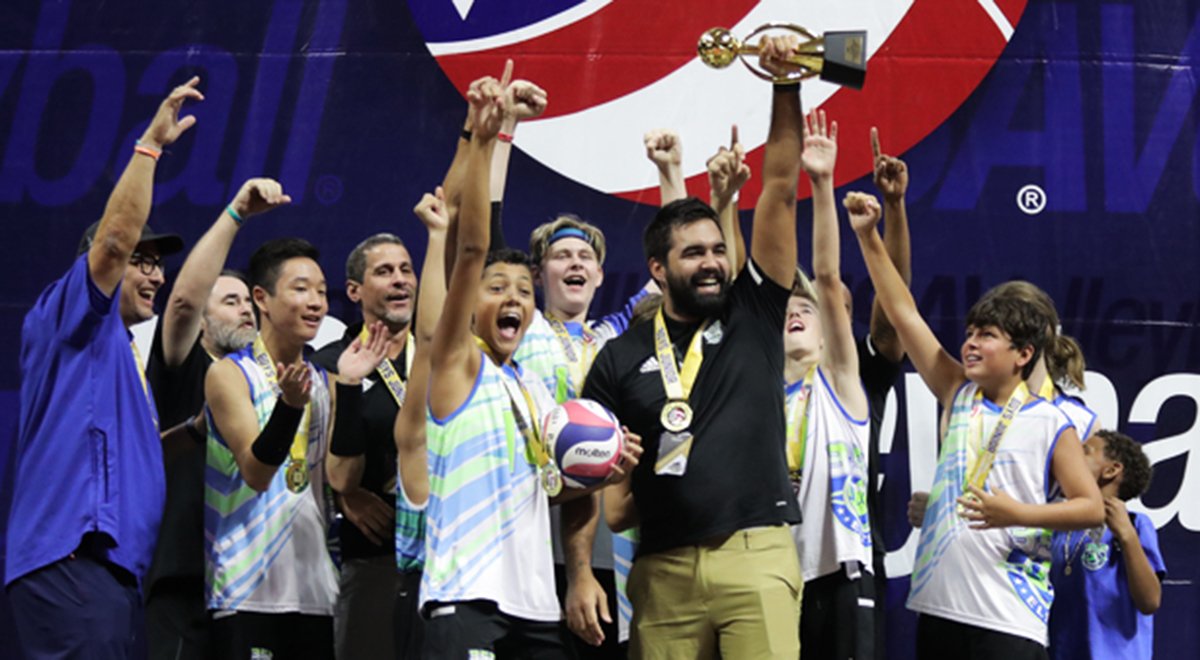
On a team, there are athletes who naturally gravitate towards leadership roles and require little support. But those athletes aren't the only ones who can be team leaders, and a dedicated coach can help athletes hone previously dormant leadership skills. Here's how to look at your team through a new lens: Seeing each athlete as capable of taking on leadership roles, and as individuals who may require different types of encouragement from you.

For young athletes, maintaining a positive body image is difficult at the best of times, but when a competitive team atmosphere is added into the mix, that positivity can become even harder.
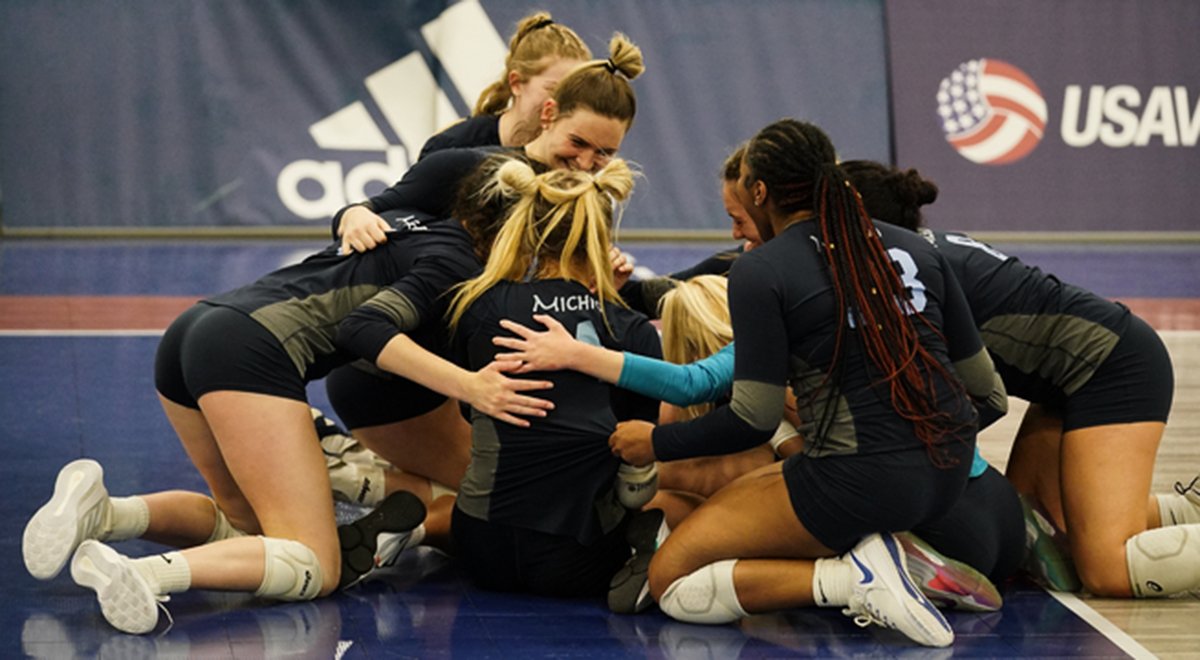
Gameday anxiety is common among all athletes. It's important to help your team manage those worries. Here are a few tips to help your team treat matches like little more than practice.
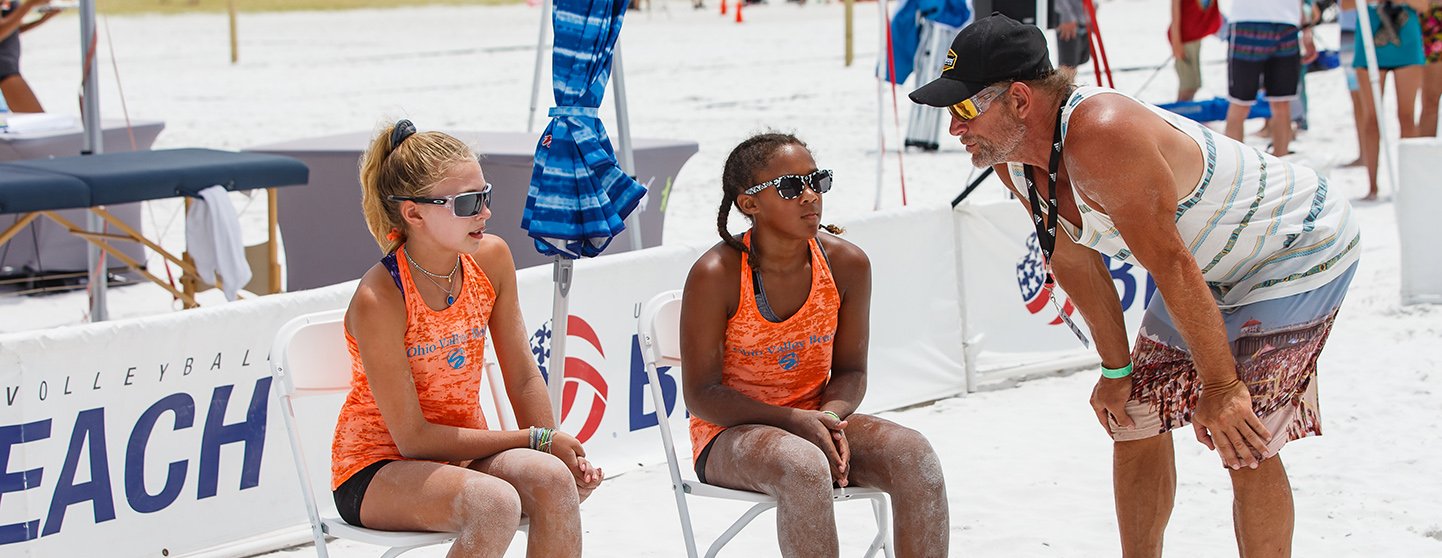
Few athletes are going to beat the odds and make it to collegiate or professional volleyball. John Kessel's son is one of those few. Here are tips from John about raising a potential professional athlete.
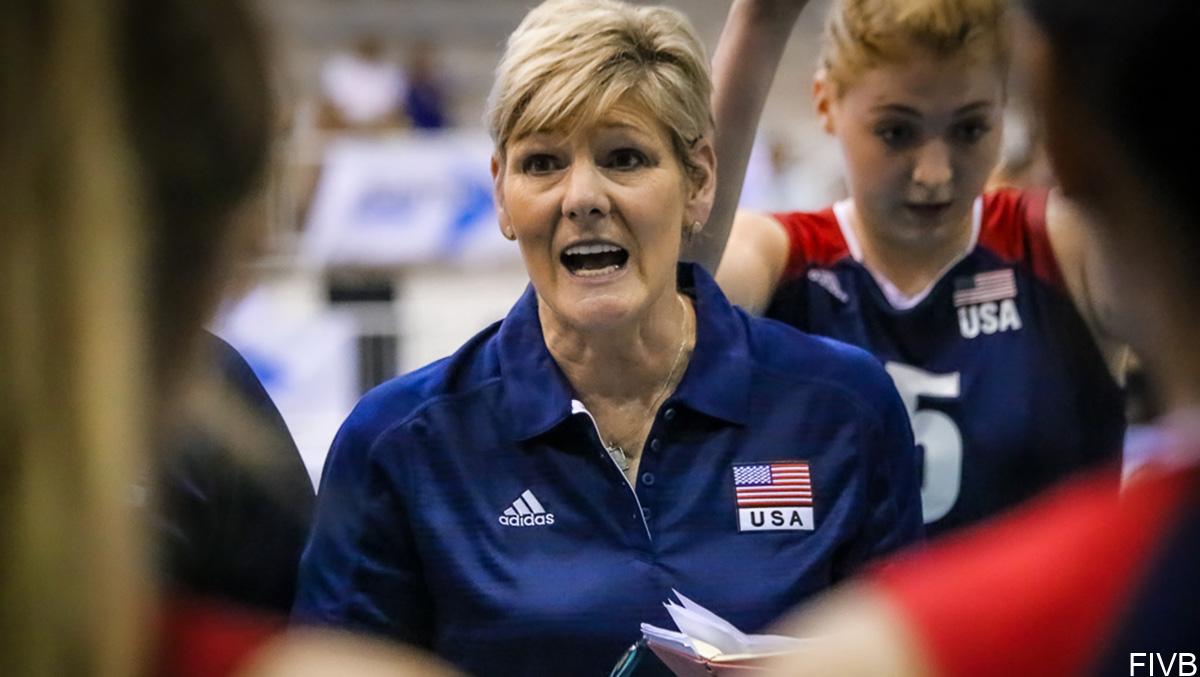
Long-time CAP III-certified coach Dennis Belaire of the Lakeshore Region takes inspiration from the business world as he creates 14 points and seven deadly sins for volleyball coaching.
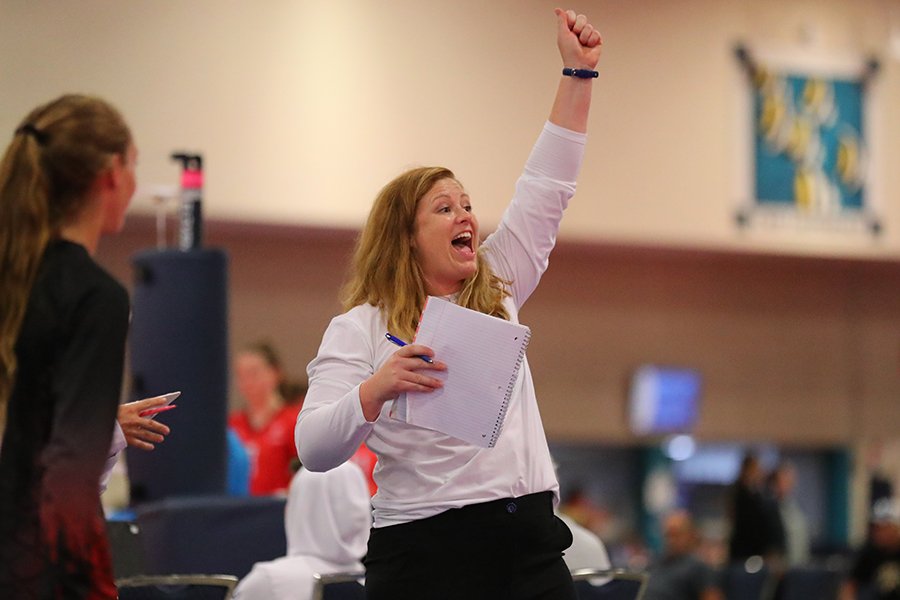
Being a first-time coach can be nerve-wracking, and coaches can often feel lost during their first season leading a team. Here are a few tips from USA Volleyball staffers who recently wrapped up their first season of coaching volleyball.